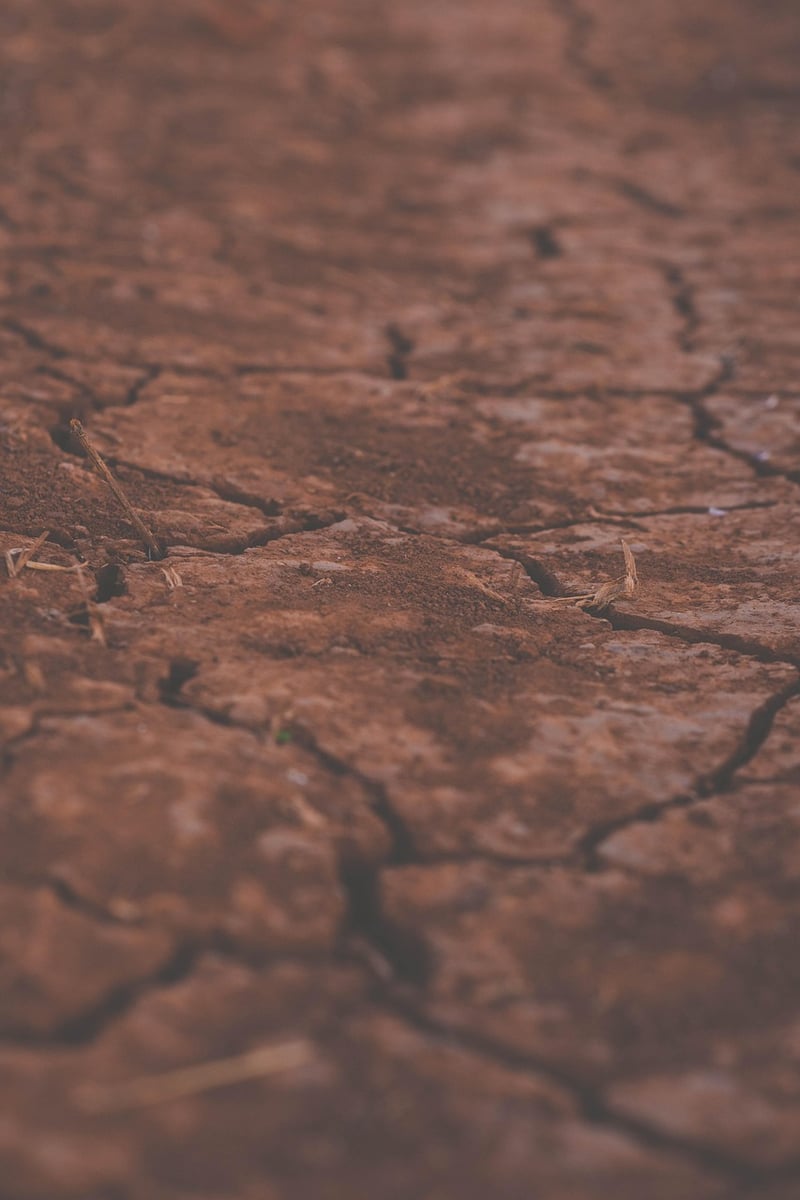Soil Composition
Tips for Successful Cultivation
Introduction
Cultivation is an essential aspect of gardening and farming, ensuring healthy plant growth and abundant yields. To help you achieve successful cultivation, here are some valuable tips to consider:
1. Choose the Right Plants
Start by selecting plants that are well-suited to your climate and growing conditions. Consider factors such as sunlight, water requirements, and soil type before deciding on the plants to cultivate.
2. Prepare the Soil
Before planting, ensure the soil is well-prepared. Remove weeds, rocks, and debris, and improve soil structure by adding organic matter like compost or aged manure. This will provide essential nutrients for plant growth.
3. Watering
Consistent watering is crucial for plant health. Be mindful of each plant's water needs and avoid overwatering or underwatering, as both can harm your plants. Consider using a drip irrigation system for efficient watering.
4. Mulching
Applying mulch around your plants helps retain moisture, suppress weeds, and regulate soil temperature. Organic mulches like straw, wood chips, or leaves also add nutrients to the soil as they decompose.
5. Pest and Disease Control
Monitor your plants regularly for signs of pests and diseases. Consider using natural predators, organic pesticides, or cultural practices like crop rotation to manage pest and disease issues effectively.
Soil Composition
1. Importance of Soil Composition
The composition of soil plays a vital role in plant growth. It determines the availability of nutrients, water retention capacity, and soil structure. Understanding soil composition is key to successful cultivation.
2. Components of Soil
- Sand: Provides good drainage but lacks nutrients.
- Clay: Retains water and nutrients but can be poorly aerated.
- Silt: Intermediate particle size that improves soil structure.
- Organic Matter: Adds nutrients and improves soil fertility.
3. Testing Soil Composition
It's essential to test your soil to understand its composition. Soil testing kits are available to measure pH, nutrient levels, and organic matter content. Based on the results, you can amend the soil to suit your plant's needs.
4. Amending Soil
If your soil lacks essential nutrients or has poor structure, you can amend it by adding organic matter like compost, manure, or peat moss. This will improve soil fertility, drainage, and aeration.
Conclusion
By following these tips for successful cultivation and understanding the importance of soil composition, you can create a thriving garden or farm with healthy plants and bountiful harvests. Remember to prioritize soil health, water management, and pest control for optimal results.

